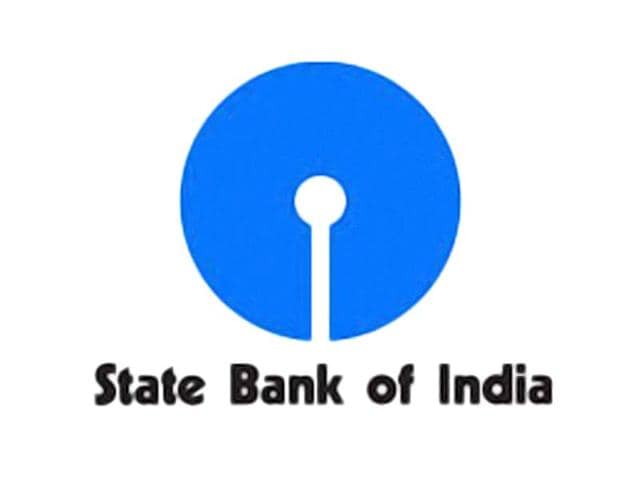Public sector banks: The pillars that need support
The number 145 million is more than the population of the world’s 10 largest countries. It is astounding, therefore, that 145 million accounts have been opened under the Jan Dhan Yojana since its launch in August 2014.
The number 145 million is more than the population of the world’s 10 largest countries. It is astounding, therefore, that 145 million accounts have been opened under the Jan Dhan Yojana since its launch in August 2014.

Millions of previously excluded Indians now have access to banking. Improved public sector banks (PSBs) need to complement the improved access. PSBs, a pillar of India’s growth since independence, now need to be made fit for supporting the economic aspirations of the new India led by Prime Minister Narendra Modi.
Expert committees since the 1980s have offered seemingly cyclostyled recommendations — independent decision-making, strong enforcement, consolidation, etc. Executing even these limited recommendations has been lackadaisical. The results are severely challenged PSBs, needing nearly Rs 2,40,000 crore equity to meet Basel III norms; distressed assets ballooning to 13%; and the IMF estimating that 30% of Indian corporates are financially vulnerable and that up to 5% of 2012-13 GDP may be needed to recapitalise banks under stressed scenarios.
Modi recently exhorted PSBs to take charge of their destiny. PSBs can take the cue and revitalise themselves through a fresh approach to key strategic issues.
Question the ‘everything’ bank model: Jack Welch wrote about companies ‘trying to be all things to all people’. PSBs may be similarly mired — covering all of India with products ranging from retail to private equity, and spreading resources thinly and with little differentiation. PSBs can streamline, instead, by: Redeploying capital out of non-strategic and sub-optimal businesses; reviewing their branches — banks can survive without a countrywide presence, given the advances in domestic transfer infrastructure. Value can be created by going deeper into particular regions — building product and brand strengths.
Mergers are not a ‘brahmastra’: Mergers are complicated to execute and to extract value from. PSB mergers are trickier. Issues like IT and branch integration, and staffing are more likely to enervate the acquirer. There are alternatives:
i) Evaluate and acquire/dispose of specific businesses rather than banks. Businesses are easier to integrate, face fewer regulatory hurdles and can be priced transparently;
ii) Downsizing is not criminal — weak banks can become stronger by shrinking through focus and rationalisation. Andhra Bank could become a South India-centred, construction-sector specialist. Releasing resources by downsizing is better than wasting them on questionable mergers.
Help ‘complementary’ institutions develop as a means of releasing NPA pressure: Modern financial systems need specialisation. Rarely can one institution manage all types of asset classes well. India needs ‘specific asset type’ institutions like Special Situation, Mezzanine funds, which can acquire and better manage assets that PSBs are not meant to manage. Instead of camouflaging sticky assets, PSBs’ balance sheets will be freed for new businesses. Such sales also provide a ‘market’ price, reflecting real underlying credit quality.
Protect capital to fuel recovery: ‘Sticky’ assets are like a heart blockage for banks — locking capital and liquidity and staunching the flow of new business. Periodic capital injection ‘stents’ provide relief but are not a cure. PSB credit and enforcement processes need fundamental changes:
i) Enforcement over classification — PSBs spend considerable energy in classifying impaired assets and not enough on recovery. Salvaging asset value needs greater focus — distressed loans, including those ‘written off’, must have vigorous and tenacious enforcement or a sale of the asset to specialised institutions. Fallow impaired assets cannot be an option;
ii) Dilute promoters — counter-intuitively, restructuring in India implies debt holders taking the biggest hit with the promoters rarely getting diluted. Even post-restructuring, promoters’ contribution is often not cash but an injection of assets with nebulous value. Equity holders have to be diluted or must bring in more equity. If promoters cannot infuse equity in cash, new investors should be found;
iii) Faster enforcement — debt recovery mechanisms should allow majority lenders to take faster decisions and actions. ‘Motivated’ small lenders that vitiate the process by slowing it have to be thwarted;
iv) Sharing of information – it’s a travesty to see PSBs unable to agree on declaring a wilful default. It should be compulsory for all PSBs to denote a wilful default if at least two PSBs classify it as one.
Re-discover technology: Technology is not just automation and digitisation. It needs to drive every aspect of service design and delivery:
i) Outsourced and shared processing — BPOs can standardise processes, improve MIS and increase efficiency. In fact, PSBs can join together and promote a ‘PSB’ BPO, perhaps in a joint venture with established providers, similar to the GE Capital model;
ii) open platforms as competitive weapon — trade finance will see the next use of open platforms.
PSBs can create a common electronic trade finance platform that allows clients access to all member banks — gaining a huge competitive advantage and major cost savings; Standardisation and cloud computing — there is too much ‘branch level’ formatting and processing. Static data should be standardised, with data access from the ‘centre’ location agnostic.
The above issues are not comprehensive — unfilled positions of chairmen and managing directors, independent and active boards, bringing in strategic investors, etc. are matters of importance.
PSBs are integral to fulfilling India’s growth aspirations. Inadequate changes have left them under capital pressure, with reduced competitiveness and as a potential drain on the budget. Immediate steps to restore the PSBs’ strength are imperative.
S Misra is a banker based in Singapore
The views expressed are personal



